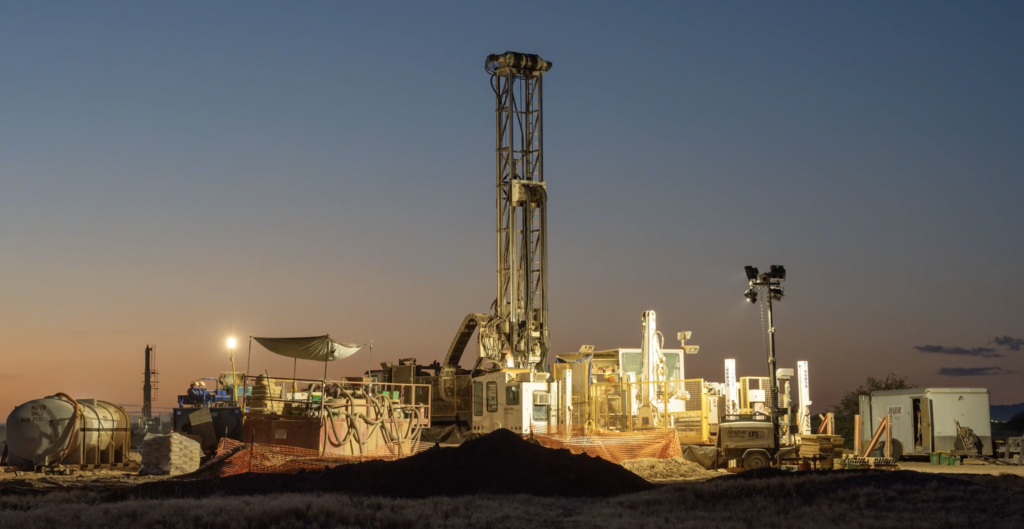Technology becoming a hot commodity among miners, says law firm

The mining sector’s recent shift towards adopting technology to tackle rising costs is turning digital intellectual property into a valuable commodity in its own right, says global law firm White & Case.
“Technology is increasingly becoming a core component of mining and metals sector business strategies,” a partner with the firm, Daniel Turgel, told The Northern Miner in an interview Wednesday.
This trend is driven by rising operational costs and a need for the supply of minerals essential for the energy transition, according to the law firm’s March 5 report entitled Technology – The hottest commodity in the mining & metals sector.
IP is becoming crucial, transforming into a valuable asset exchanged among industry players to boost efficiency and reshape business models, Turgel explained.
A prime example is the partnership between Ivanhoe Electric (TSX: IE; NYSE AM: IE) and Saudi state-owned miner Ma’aden, leveraging Ivanhoe’s Typhoon technology to explore large areas in Saudi Arabia. Ivanhoe’s Typhoon technology, used for large-scale geological surveying, was essentially the ‘payment’ or value offered to Ma’aden for access to explore vast mineral-rich areas in Saudi Arabia.
“Technology actually becomes the currency,” Turgel said, highlighting the evolving nature of transactions in the sector and technology’s rising role in making new strategic cross-industry alliances.
“It’s becoming much more prevalent that for example, you might contribute your technology in return for an equity stake or some kind of debt instrument,” he said.
Rebecca Campbell, group head of global mining & metals, says this type of innovation is new for a generally conservative sector. “One of the fascinating things for us, as we’re starting to see a little bit of a shift.”
This trend underlines the growing importance of securing and managing IP rights amid the potential for new legal challenges. While hardware traditionally dominated the spotlight, the rise of software and AI has the potential to revolutionize mining operations. The report highlights the cost savings and efficiency gains achievable through these technologies.
Machine learning and AI have already provided considerable improvements in efficiency, accuracy, and safety mine planning and processing, White & Case associate Nick Crawford says.
“Generative AI, in particular, has opened new possibilities in exploring and processing vast amounts of geological data, significantly accelerating the project development process,” he said. “Companies like BHP and Vale are leveraging these technologies to improve safety, maintenance, and operational efficiency.”
Meanwhile, White & Case found that despite the urgent need to innovate, the sector’s spending on research and development (R&D) remains relatively low. Miners historically spend less than 3% of their EBITDA on R&D, as opposed to 8% for materials producers, 30% for industrials, and 40% for automakers and relevant original equipment manufacturers.
{{ commodity.name }}
{{ post.title }}
{{ post.date }}




Comments